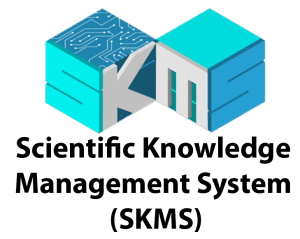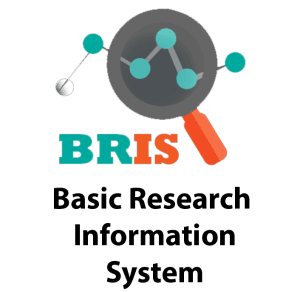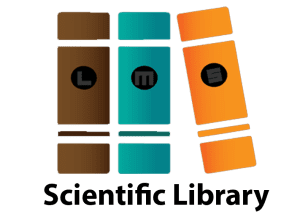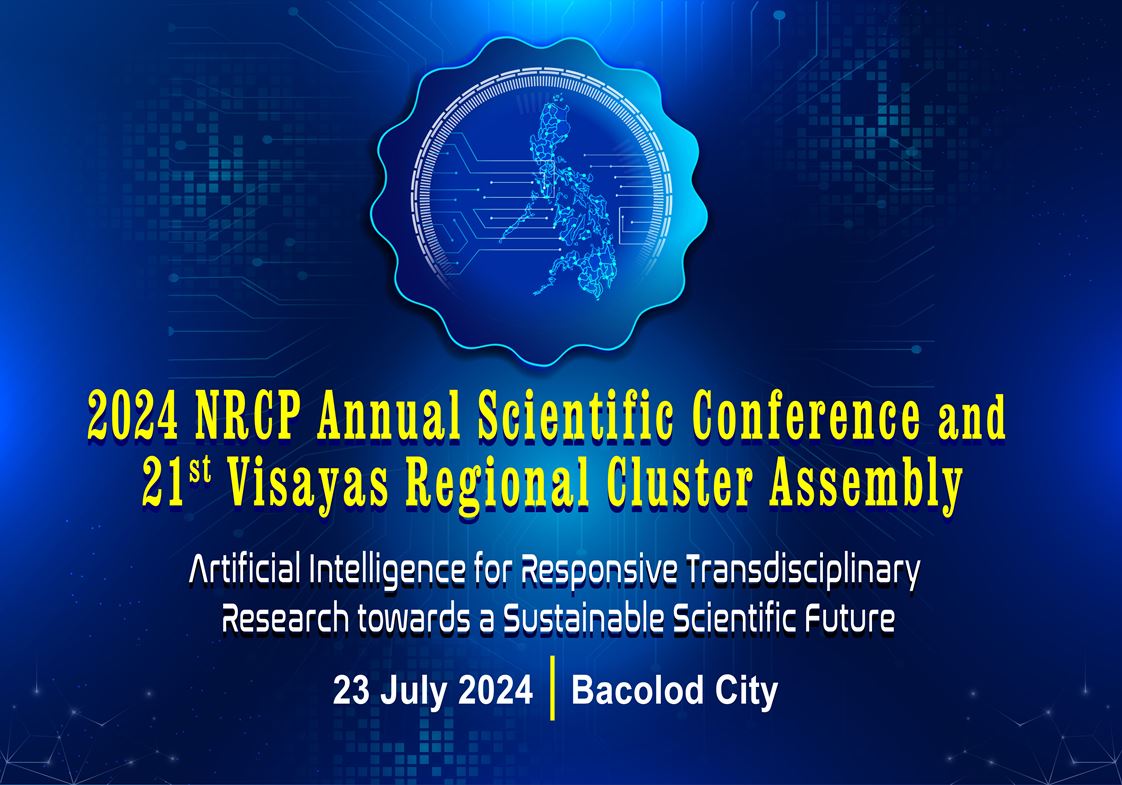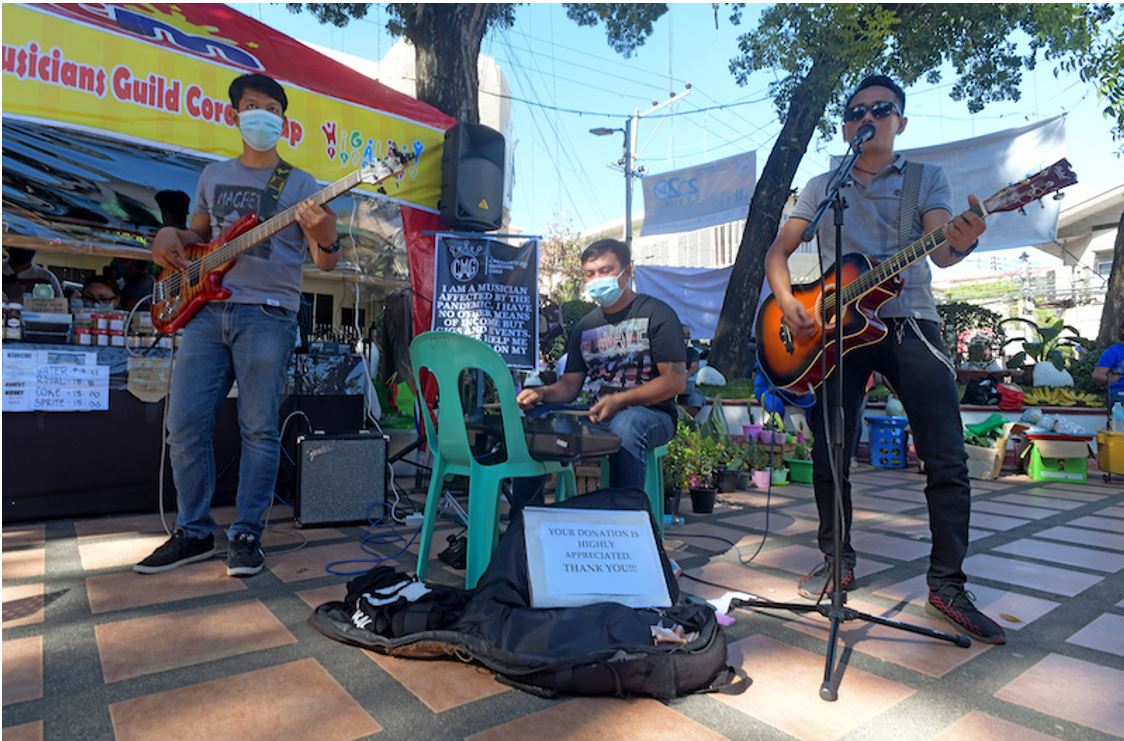DOST-NRCP and LGU Palo, Leyte: moving for future research collaboration 2 July 2024, NRCP Vice President Giselle P. Concepcion and Executive Director Bernardo N. Sepeda met with the Hon. Remedios “Matin” L. Petilla, Mayor of Palo, Leyte and President of the League of Municipalities (LMP) and discussed possible policy research undertakings to address local issues continue reading : DOST-NRCP and LGU Palo, Leyte: moving for future research collaboration
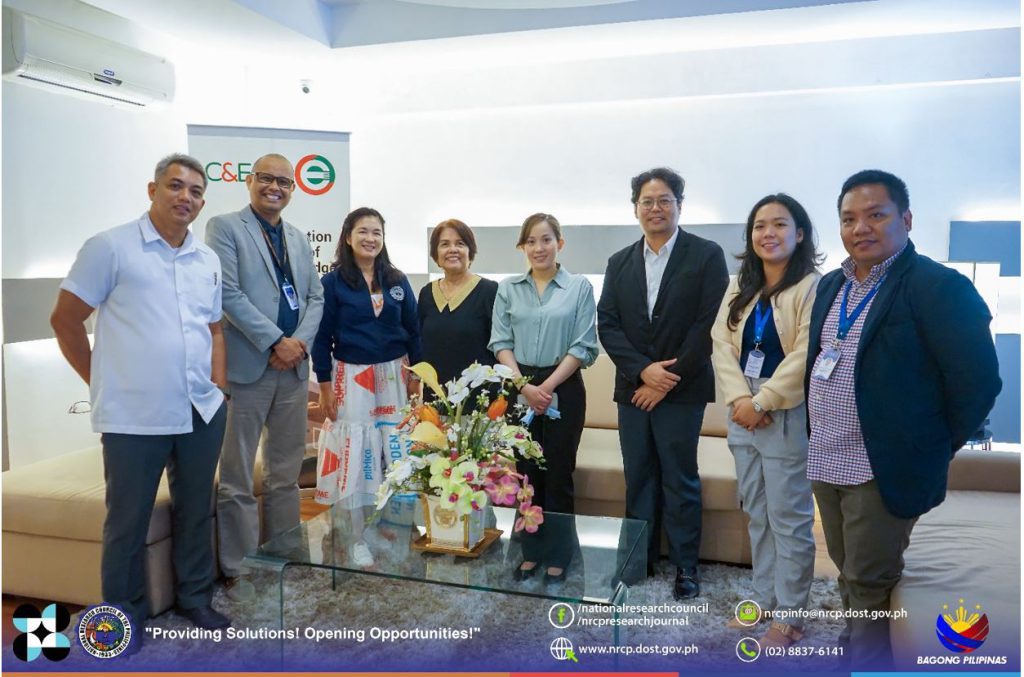
The updated guide to Philippine Flora and Fauna
NRCP shares publication plan to its publishing partner The officials and staff of National Research Council of the Philippines (NRCP) of the Department of Science and Technology (DOST) visited its partner C&E Publishing Inc. at C&E Information and Resource Center in Quezon City to further discuss the plan on the possible publication of the NRCP continue reading : The updated guide to Philippine Flora and Fauna
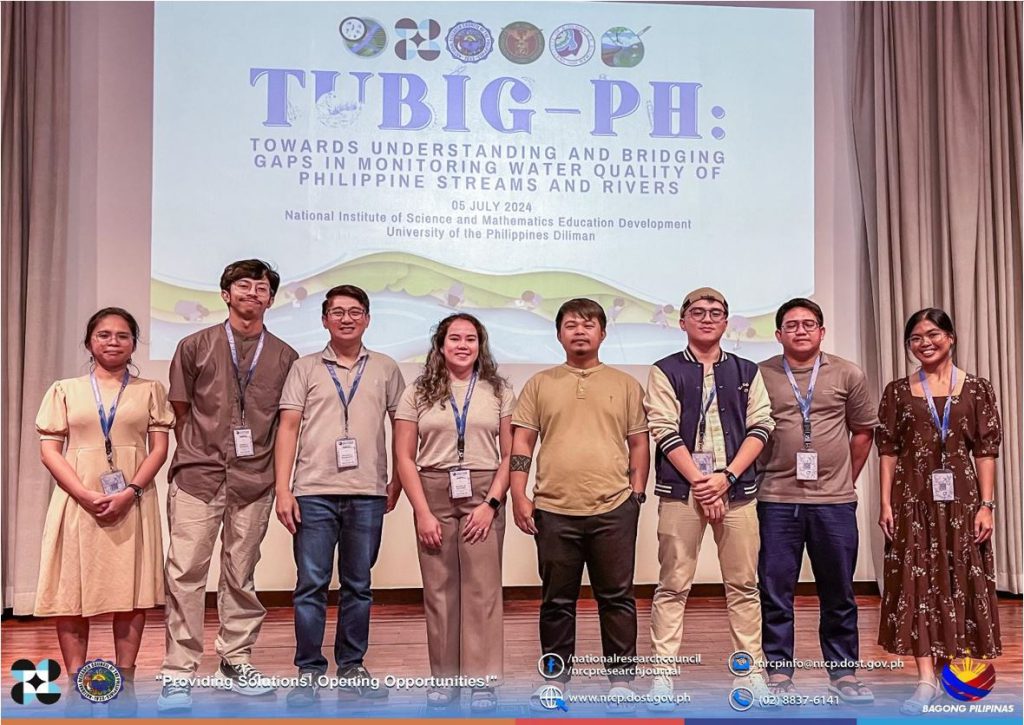
TUBIG
TUBIG The declining health of the country’s freshwater ecosystems, which are rivers and streams, has prompted research experts from the National Research Council of the Philippines (NRCP), to come up with standardized tool to assess the quality of freshwater. The NRCP research experts has developed the Philippines Biotic Index or PBI to provide a simple, continue reading : TUBIG

NRCP to gather its researchers at Visayas Regional Cluster Assembly
NRCP to gather its researchers at Visayas Regional Cluster Assembly The National Research Council of the Philippines (NRCP) will bring together 180 member-researchers at the 2024 Annual Scientific Conference (ASC) and the 21st Visayas Regional Cluster (VRC) Assembly in Bacolod City on 23 July 2024. This year’s theme emphasizes the role of Artificial Intelligence (AI) continue reading : NRCP to gather its researchers at Visayas Regional Cluster Assembly

Most Filipinos in the music industry earn less than P20,000
Most Filipinos in the music industry earn less than P20,000 More than 50% of Filipinos employed in the music industry earn less than 20,000 pesos a month, which almost falls a little over the minimum wage in the National Capital Region. This is according to a national music stakeholders survey conducted with 700 respondents and continue reading : Most Filipinos in the music industry earn less than P20,000
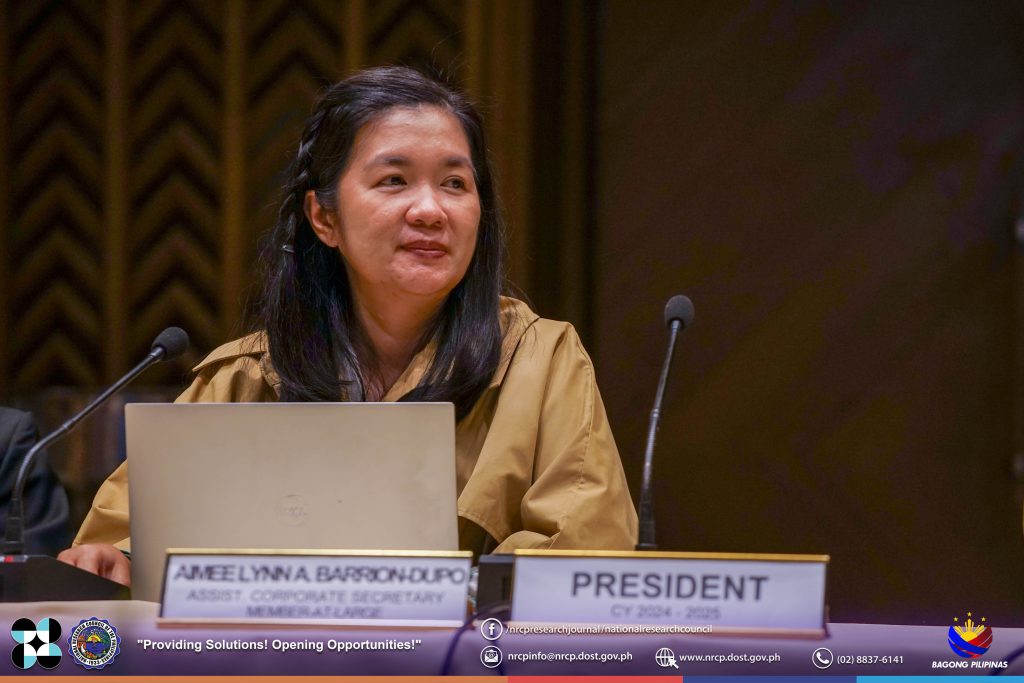
UPLB’s “Spiderwoman” now leads NRCP’s over 6,000 researchers
UPLB’s “Spiderwoman” now leads NRCP’s over 6,000 researchers Dr. Aimee Lynn Barrion-Dupo steps up as new President of the NRCP. She was elected by the NRCP Governing Board (CY 2024-2025) at its Organizational Meeting on 26 March 2024 at the Meeting Room 7, Philippine International Convention Center, Pasay City. (Photo by Val A. Zabala, NCP continue reading : UPLB’s “Spiderwoman” now leads NRCP’s over 6,000 researchers

Bacteria from bat fecal matter, a potential source of antibiotic
Bacteria from bat fecal matter, a potential source of antibiotic A mixture of bat fecal matter and excrements, also called bat guano, collected from the caves in Cabalyorisa Cave, Mabini, Pangasinan, Philippines, is found to harbor Streptomyces spp. which produces antibiotics. This finding is based on a study, “Exploring Bat Guano from a Philippine Cave continue reading : Bacteria from bat fecal matter, a potential source of antibiotic

Five Muntinlupa schools to pilot the use of interactive learning technology in Math, Science and English subjects
Five Muntinlupa schools to pilot the use of interactive learning technology in Math, Science and English subjects Through the adoption of world-class platforms like Nearpod and MyOn, a digital learning technology by Renaissance, students from five public schools in Muntinlupa City will gain access to a wealth of interactive lessons and a vast digital library, continue reading : Five Muntinlupa schools to pilot the use of interactive learning technology in Math, Science and English subjects

Oath taking of the first set of officers of the newly established NRCP Region II Chapter (Cagayan Valley)
Oath taking of the first set of officers of the newly established NRCP Region II Chapter (Cagayan Valley) The University of Cagayan Valley provides space for Region 2 researchers University of Cagayan Valley (UCV), through its President-elect Esther Susa Perez-Mari, commits a space within the university for the Department of Science and Technology- National Research continue reading : Oath taking of the first set of officers of the newly established NRCP Region II Chapter (Cagayan Valley)
